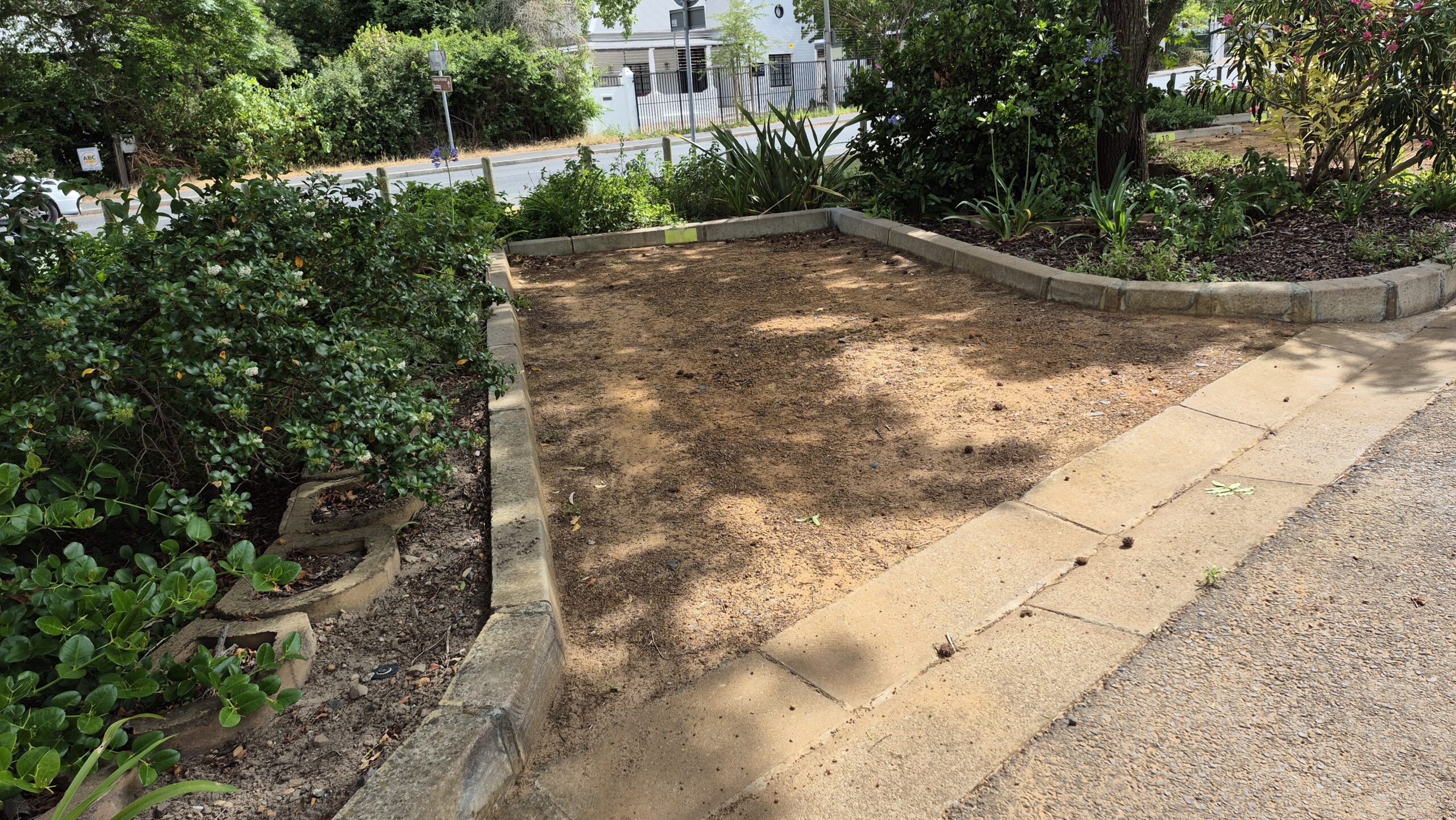VALENTINE’S DAY IS COMING Scented condoms provided by the University for student’s protection.
KATHRYN VAN DEN BERG
It is no great stretch of the imagination to think that (some/most) students will be having sex this Valentine’s Day.
While some celebrate with romantic dates at restaurants such as Wijnhuis, others prefer enjoying more intimate and private acts of love.
Regardless of how you choose to spend tomorrow, one special surprise no student wants to take home is a sexually transmitted disease (STD).
Getting tested for an STD or human immunodeficiency virus (HIV) is a daunting concept according Dr Lynne Julie from Campus Health, because “there is still stigma attached” to it.
While Julie acknowledged that although “patients are educated as to risks associated with unprotected sex”, common STDs students contract are “chlamydia and gonorrhoea. We have had some cases of syphilis as well. While these are treatable, we are running into problems with antibiotic resistance,” expanded Julie on this point.
If a student starts showing symptoms, or is concerned in any way about their status, Campus Health does offer free consultation and testing. On this point, Julie said the following: “Consultation with the nursing sister is free – they can manage all things related to STDs and HIV/AIDS. HIV testing
is free. STD screening gets referred to the laboratory at a cost to the patient of approximately R2 000.”
With this service, Campus Health wants to make it known that students who are insecure about getting help have somewhere to go, because they are “not always aware of this service” said Julie. While Campus Health treats the medical side of STDs, the Centre for Student Counselling and Development on Victoria Street help students with the psychological aspects of STD or HIV results.
“For many, stigmas around STDs are similar to those around HIV/AIDS,” acknowledged Charl Davids, the recently appointed Deputy Director of the centre.
Davids, who is a psychologist by training, reminds students that “for people working in this field as psychologists, or as professionals at Campus Health, there is no stigma”.
While Davids acknowledged that students should first seek medical help if they suspect that they have STDs, he also said that “if the nurse feels that more help is needed, they will refer the patient to someone from the SSVO to deal with the psychological aspect.”
When asked how to challenge these stigmas, Davids explained the benefits of getting tested. “Everything we [psychologists] do is confidential and so we treat it in a way of respect. For me, someone should rather get the help. It is not about the stigma, it is about making sure that they are okay” said Davids.
“STDs [are seen as] having a social stigma and sense of shame,” said André Kershaw, an English Honours student. When asked whether he thinks the university is doing enough to promote sexual health and STD treatment, he said the following: “No. Highly visible drives for testing, as well as regular education programs, some of which could be incorporated into programs like orientation week or into residence culture, are necessary” to demystify the stigmas surrounding STDs.
“Dané Dooge, a postgraduate LLB student, provided another perspective on why stigmas still exist for university students regarding sex.
She said that “some students, especially women, are scared to talk about sex. Stellenbosch overall seems conservative when it comes to this, and maybe it is a thing students have about
being judged. This is true especially for females. Women don’t want to talk about STDs because, even though it is 2019, they don’t want to be slut shamed.”



